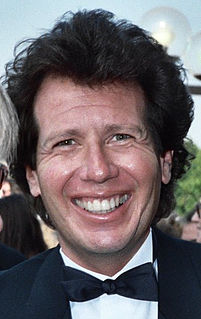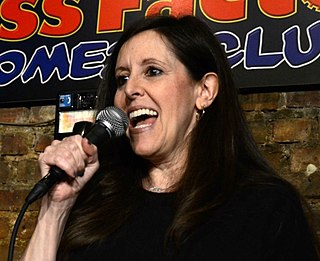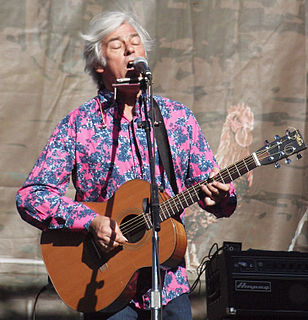A Quote by Jackie Mason
Every comedian feels out an audience. As you're telling jokes, if they're not laughing at this, you change the subject.
Related Quotes
There are jokes I know I want to tell, and there's sort of a rough order, but usually I try to change it up every show, to improvise and talk with the audience. I think when you tell jokes, if you're not careful, you can end up telling the whole list of jokes and then that's it. And that can get a little boring.
I've told Michael Jackson jokes. If you got really technical, you could say those are jokes about child molestation. You could, if you got technical. A lot of this is just selective outrage because honestly, the audience are the ones that tell us that something shouldn't be spoken. The audience lets us know. And I've never, in my almost 30 years of being a comedian, seen a comedian continue to tell a joke that the audience doesn't respond to. I've never seen it.
Every story is flawed, every story is subject to change. Even after it is set down to print, between covers of a book, a story is not immune to alteration. People can go on telling it in their own way, remembering it the way they want. And in each telling the ending may change, or even the beginning. Inevitably, in some cases it will be worse, and in others it just might be better. A story, after all, does not only belong to the one who is telling it. It belongs, in equal measure, to the one who is listening.
When you play a smaller, more intimate venue, you can have real conversations with your audience, take risks, and stay current. You can also change the set list, on how the day feels or how the audience reacts. When you do arena shows, every arena looks and feels the same. You can't see who is in the room.
An aspiring comedian must be determined to get to his or her true feelings on a subject and convey that to the audience. Figure out what you're feeling or interested in because the goal is to get the audience interested in what you're interested in. Good stand up comedy is drawing people into your head.































